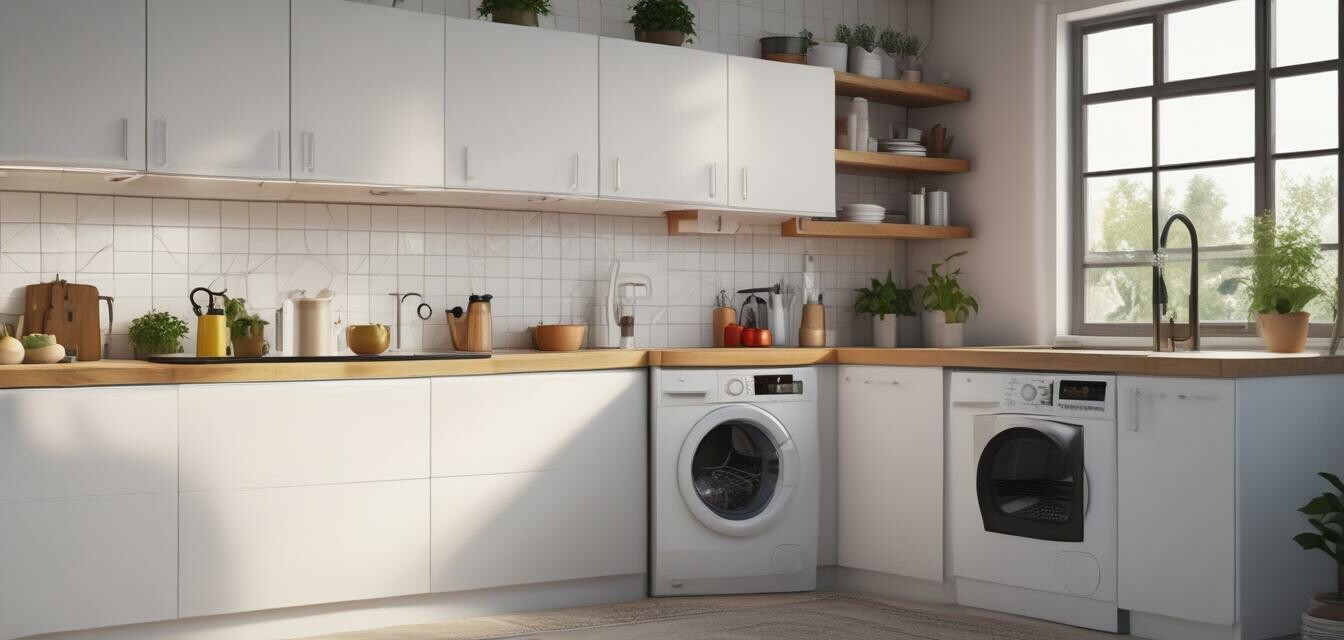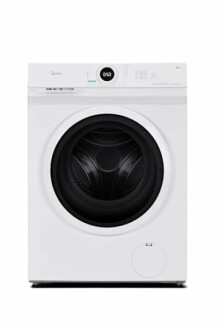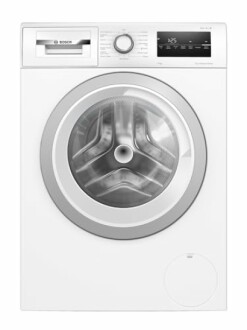
How to Find the Right Energy Efficient Washing Machine
Key Takeaways
- Understanding energy ratings is essential for choosing an efficient washing machine.
- Consider your laundry needs and choose a capacity that fits.
- Look for features like steam care and quick wash options to enhance efficiency.
- Check the motor type and noise levels for a better washing experience.
- Shopping around for the best energy class can save you money on electricity bills.
Finding the right washing machine can be a daunting task, especially with the variety of options available today. For many households, this appliance is essential for maintaining cleanliness and convenience in laundry. However, choosing an energy-efficient model not only helps in conserving energy but also significantly reduces electricity bills in the long run. This guide will help you navigate through the factors you should consider when selecting the perfect washing machine for your home.
Importance of Energy Efficiency
As energy prices rise and environmental concerns grow, being conscious about the efficiency of your household appliances becomes crucial. Energy-efficient washing machines consume less power and water, which not only saves money but also reduces your household's carbon footprint.
Understanding Energy Ratings
Washing machines are rated based on their energy consumption. The energy rating of a washing machine usually ranges from A to G, where A is the most energy-efficient. Here’s a quick summary of these ratings:
| Energy Class | Description |
|---|---|
| A | Highly efficient, lower energy bills. |
| B | Energy-efficient, slightly higher consumption than A. |
| C | Moderate efficiency; may not be the best financial choice. |
| D | Acceptable efficiency; higher running costs. |
| E | Below-average efficiency; consider alternatives. |
| F | Poor efficiency; likely not worth the expense. |
| G | Very poor efficiency; typically very high costs. |
Key Features to Consider
1. Capacity
When selecting a washing machine, consider your household size. Washing machines come in various capacities, typically ranging from 6 kg to 12 kg. A larger capacity means that you can wash more clothes in a single load, saving water and energy over time. Here’s a basic guide:
- Small household (1-2 people): 6-7 kg
- Medium household (3-4 people): 8-9 kg
- Large household (5+ people): 10-12 kg
2. Cycle Options
Look for models that offer multiple cycle options, such as quick wash and steam care features, which can make the cleaning process more efficient. Models with quick wash can significantly reduce wash time for lightly soiled clothes, while steam care can help in minimizing wrinkles and eliminating bacteria.
3. Motor Type
The type of motor used in washing machines can also impact performance and energy efficiency. Inverter motors, for example, offer significant energy savings and quieter operation. Below are the two main motor types:
- Universal motor: Less efficient, typically noisier.
- Inverter motor: More energy-efficient, quieter, and offers variable speed.
4. Water Efficiency
Choose a washing machine that automatically adjusts its water consumption based on the load size. This feature helps in saving water, especially in smaller loads.
Top Energy Efficient Washing Machines
Below are two noteworthy energy-efficient washing machines that exemplify performance and sustainability:
Midea MF10EW80BA Freestanding Washing Machine
This model includes an 8kg load capacity, quick wash options, steam care, and energy-saving features. Perfect for modern households looking to reduce their energy consumption.
Learn MoreBosch WAN28259GB Series 4 Washing Machine
Featuring a 9 kg capacity and an energy class rating of A, this front-loader integrates innovative features like Iron Assist to cut down on ironing time.
Learn MoreTips for Selecting the Right Washing Machine
Beginner's Tips
- Read reviews to understand real user experiences with efficiency and reliability.
- Plan for the future; select a model that can adapt to potential changes in household size.
- Consult our guides on energy-saving dishwashers and energy-efficient refrigerators for complementary appliances.
- Look for models with longer warranties, as they may indicate better reliability.
- Familiarize yourself with features available in modern washing machines, such as smart controls.
Conclusion
Choosing the right energy-efficient washing machine involves careful consideration of various factors, including capacity, energy rating, and additional features. By investing in a model that balances performance with efficiency, you can significantly reduce both your energy costs and your impact on the environment. Take your time to evaluate your needs and explore options, as making an informed decision today can lead to great savings in the long run.
Additional Resources
For further reading, check out our articles on Buying Guides, Solar-powered Home Appliances, and Eco-friendly Small Kitchen Appliances.

